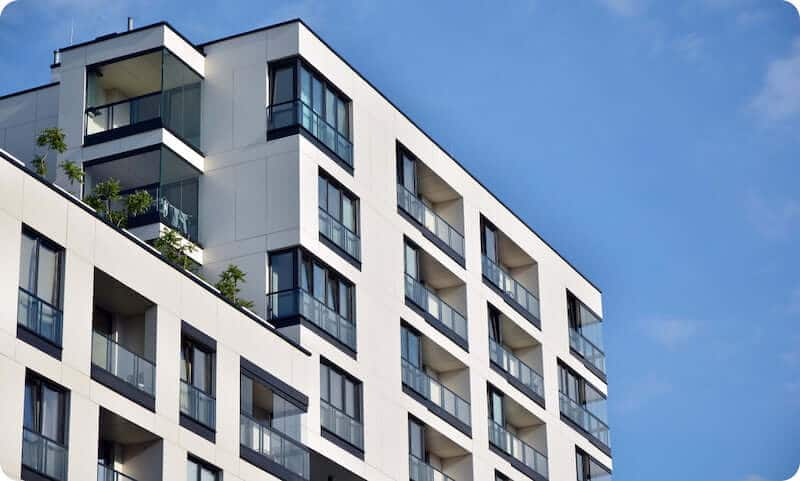Enhancing Multi-Dwelling Unit Online Security Through the Tactical Implementation of Virtual Private Networks
Enhancing Multi-Dwelling Unit Online Security Through the Tactical Implementation of Virtual Private Networks
Blog Article

Within the current online world, ensuring the security of online links is essential, particularly in Multi-Unit Units (MDUs) such as apartment buildings and condo . Residents in these communal environments often link to the same network, which can render them vulnerable to cyber dangers. One effective way to enhance online security in MDUs is through the strategic deployment of Virtual Private Connections (VPNs). VPNs create a secure link over the web, allowing individuals to protect their personal data and preserve privacy while online.
A VPN functions by encrypting the data that travels between a user’s gadget and the web. This implies that even if someone tries to intercept the data, they will not be able to access it. For inhabitants in MDUs, using a VPN can considerably reduce the threat of information breaches and unauthorized entry to personal data. By encrypting their internet data flow, individuals can navigate the web, stream videos, and communicate digitally without concern about cybercriminals or other malicious actors. This extra layer of protection is especially important in settings where many people share the identical internet connection.
Alongside safeguarding personal information, VPNs can also assist residents reach material that may be limited in their region. Many broadcasting services and sites restrict entry based on location-based area. By employing a VPN, individuals can link to nodes in different nations, allowing them to overcome these barriers and enjoy a wider variety of internet material. This feature can be particularly appealing to residents who want to access global news, media, or learning materials that may not be accessible in their region.
Adopting VPNs in MDUs can also cultivate a feeling of togetherness and trust among residents. When everyone in a building uses a VPN, it creates a more protected setting for exchanging data and assets. Inhabitants can feel more at ease utilizing shared connections for tasks like digital banking or shopping, knowing that their data is protected. Additionally, building managers can encourage the adoption of VPNs as part of their comprehensive safety plan, helping to create a safer living environment for all.
To conclude, the tactical implementation of VPNs in Multi-Dwelling Units is an effective way to improve internet security for tenants. By coding data, providing entry to limited material, and fostering a sense of community, VPNs offer numerous benefits that can enhance the online experience for all. As online threats persist to evolve, it is essential for inhabitants and property managers to emphasize internet safety and evaluate the benefits that VPNs Look At This can offer. Adopting this technology can lead to a safer, more integrated living space for all.